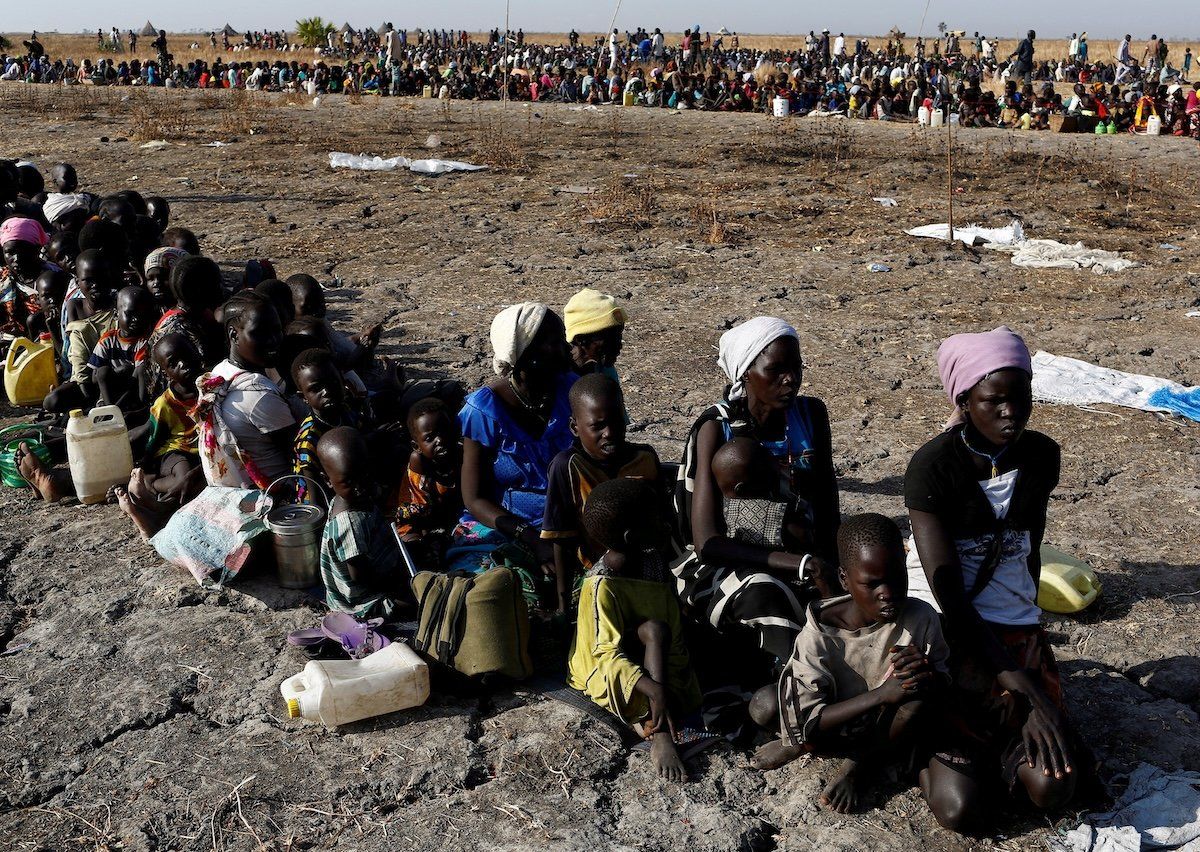Even as three-quarters of South Sudan’s people face starvation, a squabble between the government and the UN over import taxes is leaving vital aid trucks stuck at the border.
The background: South Sudan’s trade ministry ordered this week that all goods trucks entering the East African country must pay a $300 tax. The measure was meant to ensure that the government got its share of revenue from imports that are often underbilled or misrepresented. There was supposed to be a carveout for UN aid vehicles, but if so, officials at the Ugandan border didn’t get the memo – at least not yet.
The bigger background: South Sudan is one of the world’s newest countries – and one of its poorest. After coming into existence in 2011 following years of war with the Sudanese government, it fell into its own civil war, which killed or displaced hundreds of thousands of people.
The legacy of that conflict – along with frequent natural disasters – persists: Seven million of the country’s 12 million people are facing hunger in the coming months. The harrowing civil war in Sudan, which just entered its second year, has exacerbated things, driving an estimated 500,000 people across the border into South Sudan, straining the country’s resources further.
